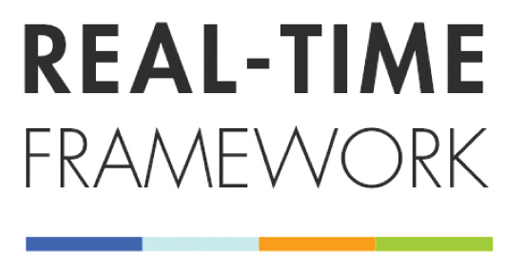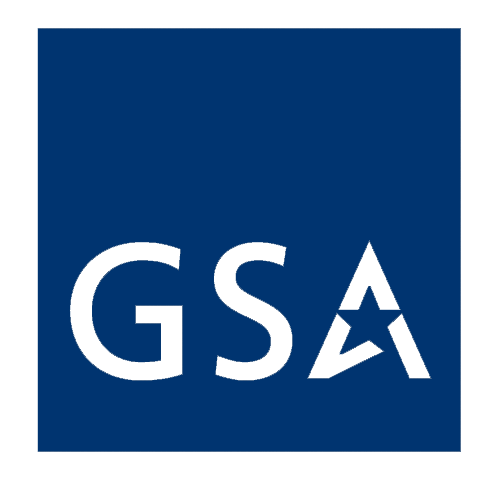Optimal Designs Randomized Field Trial On Drug Testing
For Immediate Release: March 2006
 |
There is well-documented evidence showing that increased criminal activities are associated with drug use. A recommended strategy to break the drug-crime cycle among offenders is to combine frequent drug testing with voluntary or mandated treatment and graduated sanctions. Although drug testing holds great promise in deterring drug use among offenders, the large volume of drug testing that needs to be conducted each year presents a formidable challenge for the justice system, which has limited drug testing capacities. Drug testing protocols that link risk assessments to the allocation of resources are urgently needed to make drug testing more efficient.
It was under this context that the Court Services and Offender Supervision Agency of Washington DC (CSOSA) contracted with Optimal Solutions Group to explore ways to reform its current drug testing regime and build a risk assessment tool. One of the goals of the project is to build dynamic offender risk profiles based on offender characteristics and drug use patterns. To build dynamic risk profiles, however, knowledge on how offenders will react to change in drug testing frequencies is needed.
To this end, Optimal designed a randomized field trial to examine the impact of increasing or reducing drug testing frequencies. The study will adopt an experimental design with random assignment. Low risk offenders will be randomly assigned to the control group or one of the two experimental groups. Members of the control group will continue to be tested per agency policy. Members of the first experimental group will be tested semi-monthly. Members of the second experimental group will be tested semi-monthly and subject to random testing.
This randomized field trial will be one of the series of drug testing studies that Optimal is conducting for CSOSA to assist CSOSA in its efforts to reform its drug testing regime. In 2004, Optimal developed multinomial logit models predicting offenders’ drug testing outcomes based on offender demographic characteristics, criminal background, and drug testing histories. Results show that past drug testing histories are strong predictors of future drug testing results. Additionally, whether the offender is on probation or parole is predictive of drug testing results, especially in the short run. Age significantly predict the type of drug that an offender is likely to take (see figure below). These results, combined with the results of the randomized field trial, will provide policy makers and practitioners with valuable information in their efforts to design a risk-based drug testing regime in which drug testing serves as a drug screening and deterrence tool efficiently and effectively.
* * * * * * * * * * * * * * *
|
Our primary capabilities include:
|
Our policy areas of expertise include:
|
OPTIMAL has served the needs of numerous governmental and commercial clients, including federal and state agencies, community-based organizations, business associations, and law firms.
For more information, contact Mark Turner, 443.451.7060 or mturner@optimalsolutionsgroup.com.












Connect with us Facebook
Facebook  Twitter
Twitter  LinkedIn
LinkedIn